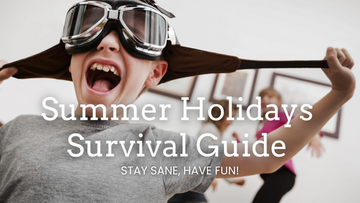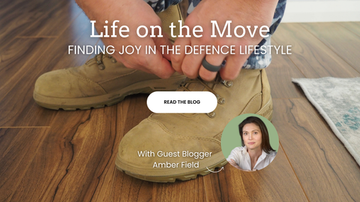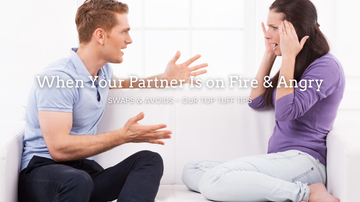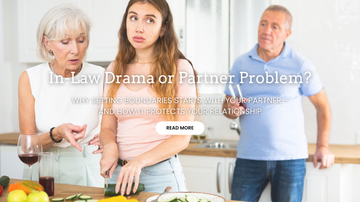Hitting the TUFF topics over at headquarters as we know they happen, and we believe we are more than just a ring. Our silicone wedding rings represent long happy marriages where people feel safe, loved and cared for. We ask the hard question, do you feel like Sarah? Does your friend?
Sarah used to look forward to her Saturdays, spending the day catching up with her best friend. But things changed after she got into a new relationship. Her partner would get angry whenever she made plans without him, saying things like, “If you really cared about me, you’d want to spend your free time with me.” Eventually, Sarah stopped making plans altogether. She hadn’t seen her friends in months and felt like she had no one to turn to.
Emma thought it made sense to share a bank account when she got married. But soon after, her husband began to control every dollar she spent. “Why did you buy that?” he’d demand. “We don’t need it.” Now, she wasn’t even allowed to buy herself a coffee without getting permission. Emma felt trapped—without access to money, she didn’t see how she could leave, even if she wanted to.
Tom always thought his partner was a bit intense, but lately, things had been getting worse. Every time he mentioned something that bothered him, she’d say he was overreacting. “You’re being ridiculous, Tom. I never said that,” she’d insist, even though he was sure she had. After months of this, Tom started to question his own memory. Was she right? Was he just being too sensitive?
These stories might seem different, but they all share one thing: “control”. Whether it’s isolating someone from their friends, controlling their money, or manipulating their reality, abuse is about one person having power over another. Marriages are a team vibe, working together as individual people for a common goal where we feel safe to express our feelings, have independence and connect on common ground with care and love.
The Signs of Abuse
If any of these examples sound familiar, you might be in an abusive relationship. Abuse doesn’t always look like a black eye or physical violence. Sometimes, it’s much more subtle. Here are some signs to watch out for:
Isolation: Is your partner trying to cut you off from your friends and family? Do they get angry or jealous when you spend time with others?
Financial coercion: Are they controlling your finances or telling you how to spend your money? Do you feel like you have no independence?
Emotional Manipulation: This could be constant criticism, making you feel like everything is your fault, or gaslighting—where they make you doubt your own memories or feelings. No self-reflection, responsibility taking or ability to adjust their own behaviours.
Physical Violence or Threats: Even if your partner hasn’t physically harmed you, threats of violence or aggressive behaviour are clear signs of danger.
Blaming You for Their Behaviour: If your partner is constantly saying things like, “I wouldn’t have yelled if you hadn’t made me so mad,” or blaming you for their actions, that’s a big red flag.
Getting Help
Recognizing that you’re in an abusive relationship is the first step, but what do you do next? It’s easy to feel stuck, especially if you’ve been isolated from support. But here’s the good news: help is out there.
Talk to Someone You Trust: Whether it’s a friend, family member, or co-worker, reaching out to someone you trust can make a world of difference. You don’t have to go through this alone.
Contact a Helpline: In Australia, there are confidential helplines where you can talk to professionals. You can call “1800 RESPECT”, a national helpline for those experiencing domestic violence or abuse. They’re available 24/7.
Make a Safety Plan: If you’re worried about your safety, it’s important to plan. This might include packing a bag with essentials, setting aside money, and arranging a safe place to go if you need to leave quickly.
Seek Counselling: Talking to a professional can help you understand your situation and figure out what steps to take next. Counselling is also crucial for rebuilding your confidence after you’ve left an abusive relationship.
Moving Forward
Leaving an abusive relationship is never easy, and it’s normal to feel scared, uncertain, or even guilty. But remember, you deserve to feel safe.
At TUFF Rings, we believe in relationships built on love, respect, and equality—there’s no place for control or abuse. You are worth more than staying in a relationship that makes you feel small or afraid. Whilst we are not experts in this area, we wish to shed light and get it out of the shadows to improve people's lives where we can. Please seek professional advice if need be. If you recognize any of these signs in your relationship, please know there’s help available. Reach out to someone, make a plan, and take that first step toward safety and healing. You are not alone.
Here are some helpful resources in Australia:
1800 RESPECT (National Helpline) 1800 7377 328
Lifeline: 13 11 14 (for immediate emotional support)
Because no one should ever feel trapped or afraid in their relationship. Let’s keep building connections that are based on love, not control.




